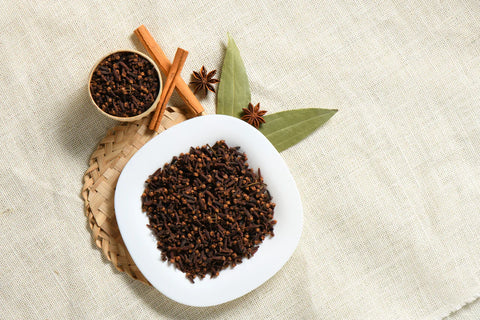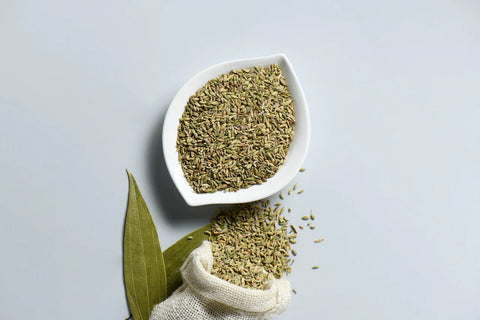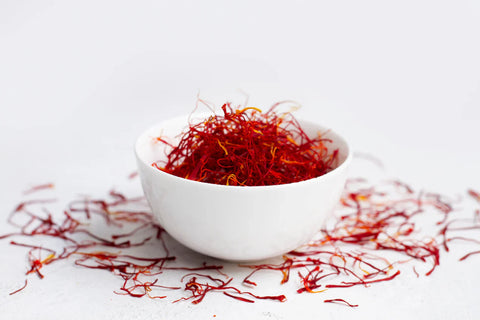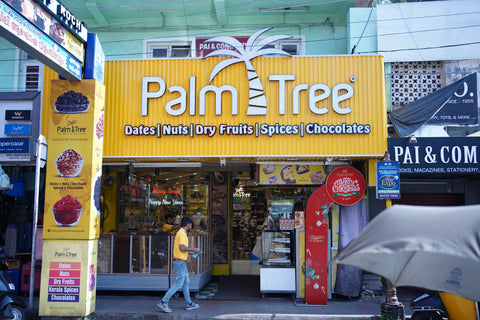Cloves are not just an ordinary spice; they are tiny aromatic flower buds that pack a
powerful flavor punch and come laden with centuries of history. Known scientifically as
Syzygium aromaticum, cloves have emerged as a must-have ingredient in kitchens
worldwide, elevating dishes with their unique taste and aroma. In this post, we will explore the origin of cloves, their historical significance, culinary uses, cultural importance, and interesting ways to incorporate them into your cooking.
From Spice Islands to Your Kitchen: The Fascinating History of Cloves
Cloves trace their roots back to the Maluku Islands in Indonesia, also nicknamed the Spice Islands. They have been used for over 2,000 years, becoming a highly sought-after
commodity in ancient trade routes that connected Asia, the Middle East, and Europe.
During the Middle Ages, cloves were so precious that they were often traded for gold,
leading to fierce competitions among European powers to control their production and
trade. The spice was introduced to Europe through Arab traders, who recognized cloves for their flavor and preservation qualities.
Culinary Gems: Delicious Ways to Use Cloves in Your Cooking
Cloves are a versatile spice that can enhance both savory and sweet dishes. Here’s how
you can incorporate cloves into your cooking:
Baking: Ground cloves add a rich, warm flavor to baked goods like gingerbread, pumpkin pie, and spice cookies. Use cloves in your favorite recipes to bring a festive touch to your desserts.
Savory Dishes: Whole cloves can be added to marinades, stews, and rice dishes. They
are commonly used in Indian curries, Middle Eastern tagines, and even in sauces to add
depth and aroma.
Infused Beverages: Cloves are a key ingredient in spiced teas and mulled wine. Steep
whole cloves with cinnamon and star anise for a delightful winter drink!
Pickling: Cloves can enhance the flavor of pickles and brines. Their pungent aroma works particularly well in pickled vegetables, balancing tanginess with warmth.
Spice Blends: Use ground cloves in spice mixes like garam masala or baharat to elevate
the dishes with sweet and savory notes.
Cloves Across Cultures: Symbolism and Significance
In various cultures, cloves hold significant symbolic value. In Indonesia, cloves are often
used in traditional ceremonies, representing hospitality and wealth. The famous "kretek"
cigarette, made from a blend of tobacco and clove, originated in Indonesia and remains
popular to this day. In European cuisines, cloves symbolize the festive spirit, frequently
used in holiday dishes and mulled wines, presenting warmth and comfort during winter
gatherings.
Amazing Facts About Cloves That You Might Not Know
Unique Appearance: Cloves resemble small brown nails, with a thick stem and four-pointed head, making them distinctive among spices.
Aromatic Properties: Cloves are well known for their strong, pungent smell, primarily due to eugenol, an essential oil that gives them their characteristic flavor and aroma.
Global Culinary Staple: Cloves are used in cuisines across the globe, from Indian and
Middle Eastern cooking to Western baking, illustrating their universal appeal.
Frequently Asked Questions About Cloves: Your Queries Answered
1. How long do cloves last?
Whole cloves can last for several years when stored in a cool, dark place, away from
moisture. Ground cloves typically have a shorter shelf life, about 1-2 years.
2. Can I use whole cloves in recipes?
Absolutely! Whole cloves are great for stews, marinades, and infusions. Just remember to
remove them before serving, as they can be quite strong!
3. What flavors pair well with cloves?
Cloves pair beautifully with warm spices like cinnamon, nutmeg, and cardamom, as well as sweet ingredients like honey and fruit.
In summary, cloves are more than a spice; they offer a rich history, versatile culinary
applications, and cultural significance that enriches our plates and traditions. So next time you're in the kitchen, let cloves inspire your culinary creativity!











